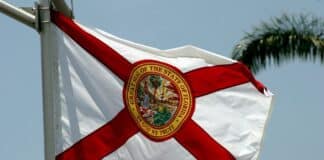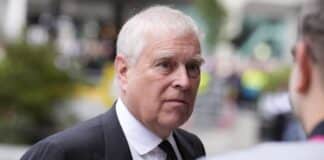The House-passed One Big Beautiful Bill Act includes a controversial provision that could punish fiscally conservative red states while rewarding big-spending blue states such as California and New York. The bill proposes a freeze on healthcare provider taxes—fees levied on hospitals and nursing facilities to fund Medicaid—which could hinder states that have exercised tax restraint.
Healthcare policy expert Dr. Anthony DiGiorgio, affiliated with the Mercatus Center, found that this freeze disproportionately affects red states that have kept provider taxes low. In contrast, states like California and New York, which have already maxed out their provider taxes at the federal limit of six percent, stand to benefit.
DiGiorgio noted that fiscally responsible states will lose the flexibility to raise provider taxes in the future to meet Medicaid needs. “The proposal would serve to punish the states that have thoughtfully and conservatively limited use of the provider tax tool,” his study stated. Meanwhile, states that “hastily took taxes to the upper limit” would be unaffected by the freeze.
Compounding the issue, Democrat-led states like California and New York use Medicaid to provide coverage to illegal aliens. DiGiorgio noted that Medicaid has “ballooned” into a de facto public option in these states, covering as much as 40 to 44 percent of the population. California’s Medi-Cal program currently serves 38 percent of the state’s residents, while 1.6 million Californians receive Obamacare subsidies through the state-run Covered California marketplace.
Louisiana Governor Jeff Landry emphasized that provider taxes allow states to fund Medicaid without raising taxes on citizens. “That’s a conservative cornerstone, I am proud to defend it,” Landry wrote in a letter to President Donald Trump. He praised other provisions in the One Big Beautiful Bill, including work requirements and restrictions on Medicaid funding for illegal aliens.
DiGiorgio further warned that Medicaid inefficiencies are widespread. Some estimates suggest that 15 to 20 percent of Medicaid recipients may be ineligible for the program. The bill’s limitations on provider tax increases could restrict conservative states’ ability to fund Medicaid without shifting the tax burden to citizens.
The bill’s provider tax freeze aligns with a broader pattern of federal healthcare policy that favors high-spending, liberal-leaning states at the expense of those committed to low taxes and limited government.





